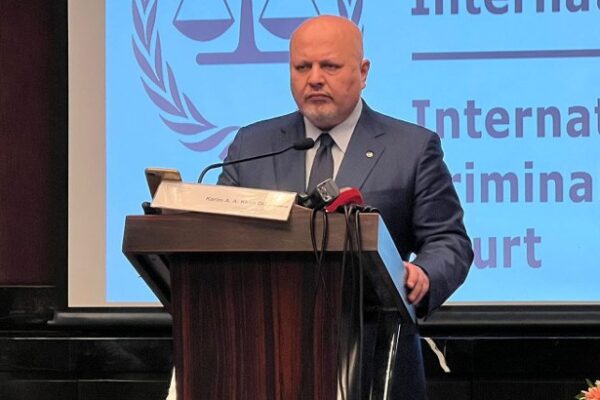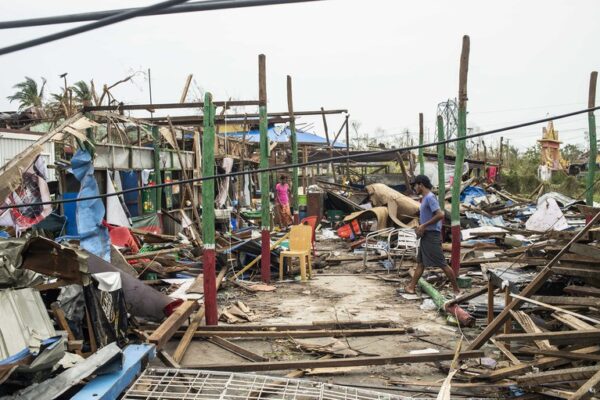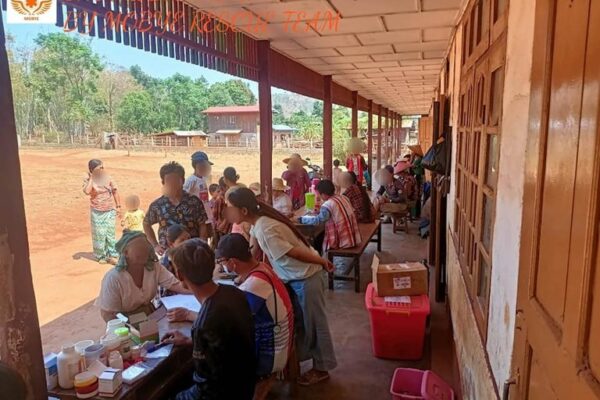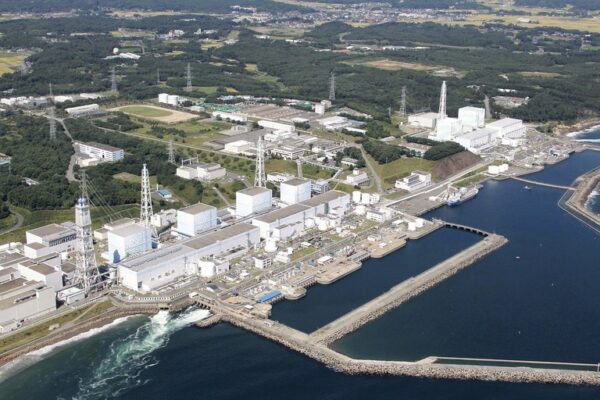
Vietnam’s communists are constrained domestically in choice between the US and China
It wasn’t the Communist Party that lifted the Vietnamese out of poverty; the people did it themselves. The country’s free-market revolution was the result of bottom-up pressure from the masses who broke the command-economy so much that the communist government had to accept a private sphere of business. Their pilfering from state-run companies and trading on the black market, and their ability to own more and more surplus produce after the state took its share, meant the government simply couldn’t handle the collectivized economy that had left Vietnam one of the world’s poorest countries in the 1980s. When the communist government gave an inch, the people demanded more. “The idea that economic success stems from a strategic shift in Party thinking [in 1986]… is actually a myth,” the economist Adam Fforde wrote. “Success instead drew upon systematic violations of Party ideology dating from the late 1970s, if not earlier.” The party’s economic reform package of 1986 (doi moi, or “renovation”) is common knowledge. Less so the promises of political renovation. Nguyen Van Linh, the incoming party general secretary that year, told writers and journalists that they should ‘stick to the truth’. One of those who took Linh at his word was Bao Ninh, a young novelist and war veteran from the North. “So much blood, so many lives were sacrificed for what?” he wrote in his 1990 book, The Sorrow of War. The poet and translator Duong Tuong called Bao’s work the “first truthful book about the war.” Truthful because it neither glorified victory against the Americans (“In war, no one wins or loses. There is only destruction”), nor regarded Communist Party leaders as the only heroes. Bao argued most Vietnamese were fighting for national peace, nor for Marxism. Naturally, the book was banned. Vietnam’s Prime Minister Pham Minh Chinh (R) gestures to U.S. Vice President Kamala Harris in the Government office in Hanoi on August 25, 2021. Credit: Manan Vatsyayana / Pool / AFP The point is that even in a one-party, communist state, ordinary people can exert power. Today, the government still severely represses its citizens. There is no free media. There are no genuine elections. But the Communist Party is genuinely worried about the thoughts of the common man. Those domestic pressures are difficult to assess and frequently in debates on policy, such as about Vietnam hedging between the United States and China, it’s far easier to focus on “externalities”. The position at one extreme of that foreign policy debate, for instance, argues the Vietnamese government is denied any agency whatsoever because of material conditions: China is Vietnam’s main trading partner and principal aggressor; the United States is Vietnam’s main export partner and security “guarantor.” So by more closely aligning with either, Vietnam risks war or economic ruin. The other extreme says the Communist Party has a good deal of agency, and what shapes foreign policy is a shared ideology that makes it friendly with China, factional struggles within the party, and the whims of certain government officials. But consider a speech given in 2021 by Nguyen Phu Trong, now three-term Communist Party general secretary. Any nation “has to deal with two basic issues, internal and external,” he stated. “These two issues have an organic, dialectical relationship…[they] support each other like two wings of a bird, create positions and forces for each other, connect and intertwine more and more closely with each other.” Foreign policy today, he added, is a “continuation of domestic policy”. He said a little later: “Foreign affairs must always best serve the domestic cause.” That domestic cause for Trong is the survival and virality of the Communist Party. Domestic concerns dictate The other importance of The Sorrow of War was as an early sign nationalism was tumbling out of the hands of the Communist Party, which had staked its legitimacy on having led victory over the French, then Americans and then Chinese. But it was starting to lose its grip in the early 1990s when it struck peace with Beijing. Further anger flowed from the public as Chinese capital began flowing into Vietnam. In 2006, national hero General Vo Nguyen Giap (the “Red Napoleon”) accused the regime of selling off Vietnamese land for exploitation by Chinese bauxite speculators. Years-long protests turned “the nationalist tables on the Party by accusing it of caving in to the Chinese at the very time the latter were expanding their territorial claims against Vietnam in the South China Sea”, wrote the historian Christopher Goscha. That process has only expanded over time. One could say that the Communist Party is now scared of nationalism. Chinese academics seem especially taken with the idea that all nationalist protests in Vietnam are directed by the Communist Party. That is rarely the case. The party follows events; it seldom leads them. Netizen anger drove the recent cases of the Hollywood film “Barbie” being banned in Vietnam over a crude map that some said showed China’s territorial claims in the South China Sea, and threats to boycott concerts by the South Korean K-Pop band BlackPink. During the Vanguard Bank standoff in 2019, when the Chinese military was once again harassing Vietnamese vessels in the South China Sea, officials in Hanoi reportedly discussed whether to allow some limited protests. “But, warned some other officials, demonstrations must be tightly controlled. If not, the protests might be taken over by individuals and groups in Vietnam, specifically democratization advocates”, wrote Ben Kerkvliet in Speaking Out in Vietnam, a study of political activism. That remains a concern. If the party takes a strong stance against China, that risks setting off nationwide nationalist protests that the party cannot control and which might quickly be whipped up into anti-communist agitation. Between June 9 and 11, 2018, more than 100,000 protesters demonstrated across Vietnam, arguably the largest nationwide protest seen in decades, as the National Assembly debated a bill to create three special economic zones (SEZs) along Vietnam’s coastline. The investment minister said publicly…








